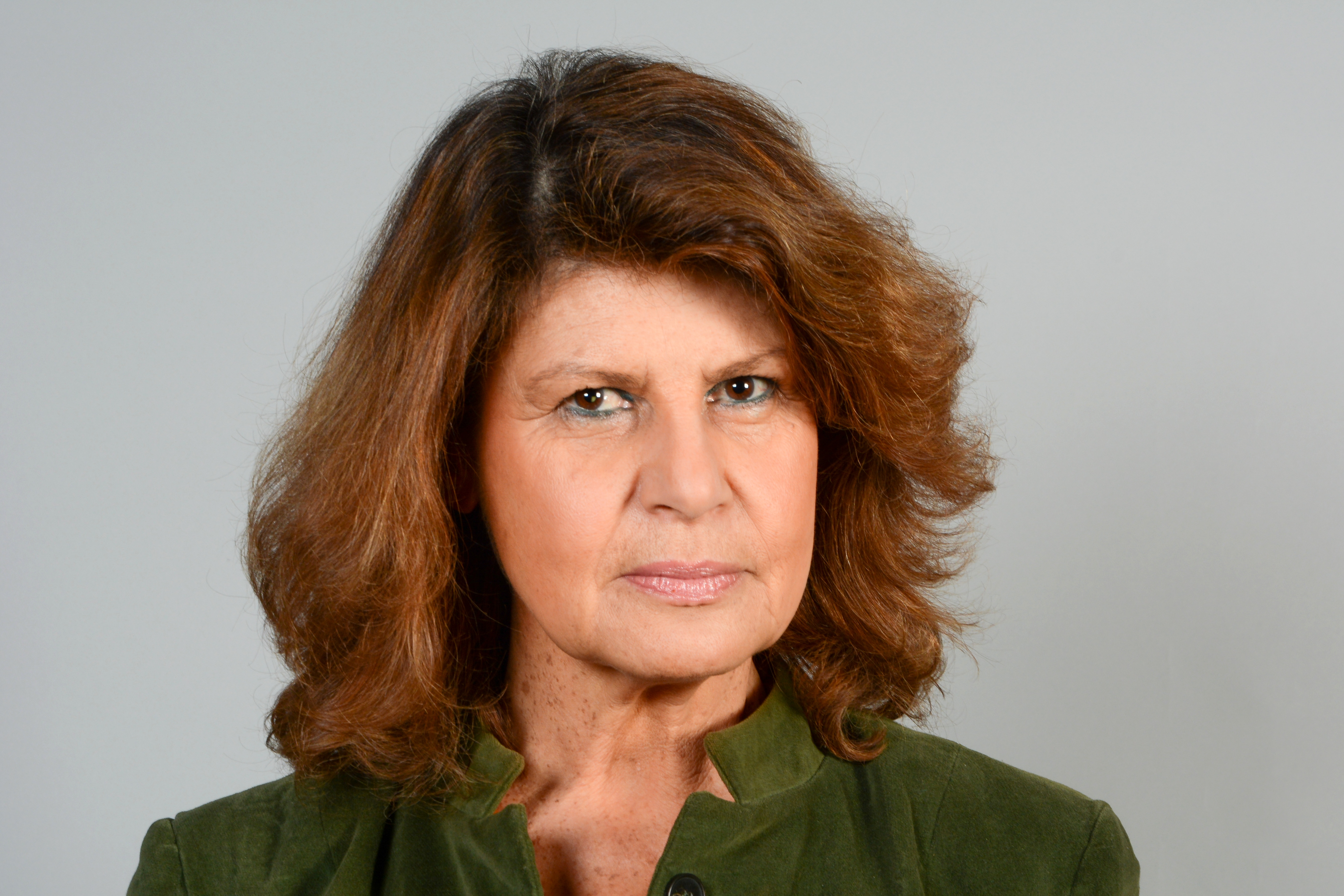Debate on European Year of Cultural Heritage
In conjunction with the meeting of the “Comite des Affaires culturelles” (CAC) of the EU Council, the Italian and Spanish Permanent Representations to the EU organised on 28 October in Brussels a policy debate entitled ‘A European Year for Cultural Heritage: Sharing heritage, a common challenge’ moderated by the Secretary General of Europa Nostra, Sneska Quaedvlieg-Mihailovic. Hosted by the Banca Monte Paschi Belgium, and introduced by Ambassador Stefano Sannino, Permanent Representative of Italy to the EU, this policy debate had the multiple goal of providing convincing arguments about the importance of dedicating a European Year to cultural heritage, identifying the key axes around which such a Year should be organised and gathering support from both private sector actors and civil society. The formal decision to establish a European Year must be taken by the European Commission Presidency, before becoming the object of a legislative procedure involving the European Parliament and the Council of Ministers.

Silvia Costa, Chair of the Culture and Education Committee in the European Parliament, delivered a message of support for the European Year of Cultural Heritage 2018. Photo: Isiwal CC-BY-SA-3.0
To achieve this overarching goal, the discussion took place among committed speakers who represent different actors, both public and private, relevant for the implementation of such a Year: Uwe Koch, representing both the German National Heritage and the Reflection Group “EU & Cultural Heritage” – an informal group composed of representatives of the Culture ministries of certain Member States -; Orane Proisy, representing the French Culture Ministry; Flora Van Regteren Altena, from the Dutch Ministry of Culture representing the upcoming Dutch Presidency of the European Union; Walter Zampieri, Head of Unit at the Directorate General for Education and Culture at the European Commission and Pierluigi Sacco, Professor of Cultural Economics, IULM University of Milan. The debate was introduced and moderated by Europa Nostra’s Secretary General,Sneska Quaedvlieg-Mihailovic, representing Europe’s civil society committed to heritage.
The main arguments put forward during the debate included all the necessary ingredients to ensure a successful Year. All the speakers conveyed strong messages regarding the importance of heritage in both intrinsic and instrumental terms, enthusiastically underlining the very symbolism of the year 2018. They stressed the central role played by heritage for our identity as well as its huge potential in supporting the implementation of the ten priorities of the Juncker Commission, especially as regards job creation and boosting economic growth, the digital single market, the agenda on migration and the goal of asserting EU as a Global Actor. IN his remarks, Pierluigi Sacco stated that heritage is primarily a formidable repository of ideas and of innovation, inviting policy makers to make good use heritage to build “cross-overs” between different policy areas. Policy makers also ought to develop “hybrid spaces” by using heritage as a source of technological innovation as well as a means of “redesigning the knowledge architecture of our cities” instead of limiting the connection between heritage and technology to mere digitisation.
Everyone agreed that the challenges ahead are important and crucial in determining not only the role of heritage in our societies but also the very future of the European Union itself, as a leader in fields of research and innovation, and as a promoter of cohesive multicultural societies and sustainable development, concluding that indeed organising a European Year of Cultural Heritage would contribute to give substance to the EU motto “united in diversity”.






